My number 1 key to successful project delivery
3 Steps to Polished Presentation Skills
Friends,
Have you ever been in a meeting or presentation where the speaker sounded so polished and confident that you wished you could communicate like them? Well, you can! With a little practice, you too can sound like a top-notch presenter.
Here’s a 3-step process to help you develop this skill:
🔵 STEP 1. THINK about what you want to say. Put yourself in your audience’s shoes and consider what information THEY would want to know.
💠 STEP 2. Say OUT LOUD what you might want to say. Write out your thoughts and refine your draft until you’re happy with it. Then, practice saying it a few times.
🔷 STEP 3. PRACTICE what you want to say until you feel fluent. The more you practice, the less likely you are to fumble over your words on the day of the presentation.Confident speakers are usually more trusted because they sound like they know what they’re talking about. By developing this skill, your communication skills will reach the next level. 😎

Have you ever been in a meeting where someone hogs the microphone?
And then afterwards, you and a few colleagues discuss how no one else got a chance to say anything?
The key question here is this: What stopped YOU from voicing your thoughts?
Sometimes, we feel that in discussions, someone should ASK US for our opinion. The reality is that in meetings, we need to back ourselves and speak up.
If it’s a virtual meeting, use the Hand emoji to indicate that:
💛 either you would like to say something, or
💚 you would like to invite someone else to provide their perspective.
If it’s a real world meeting, use signals to indicate the same. Lean forward. Raise your hand. Open your mouth as if to speak. Interrupt.
Do what you have to – but if you leave a meeting and feel resentful that you did not get a chance to speak, I would ask what you did to enable that to happen.
Sometimes, you have to be bolshie about these things. 😍
hashtagProductiveMeetings hashtagLeadership
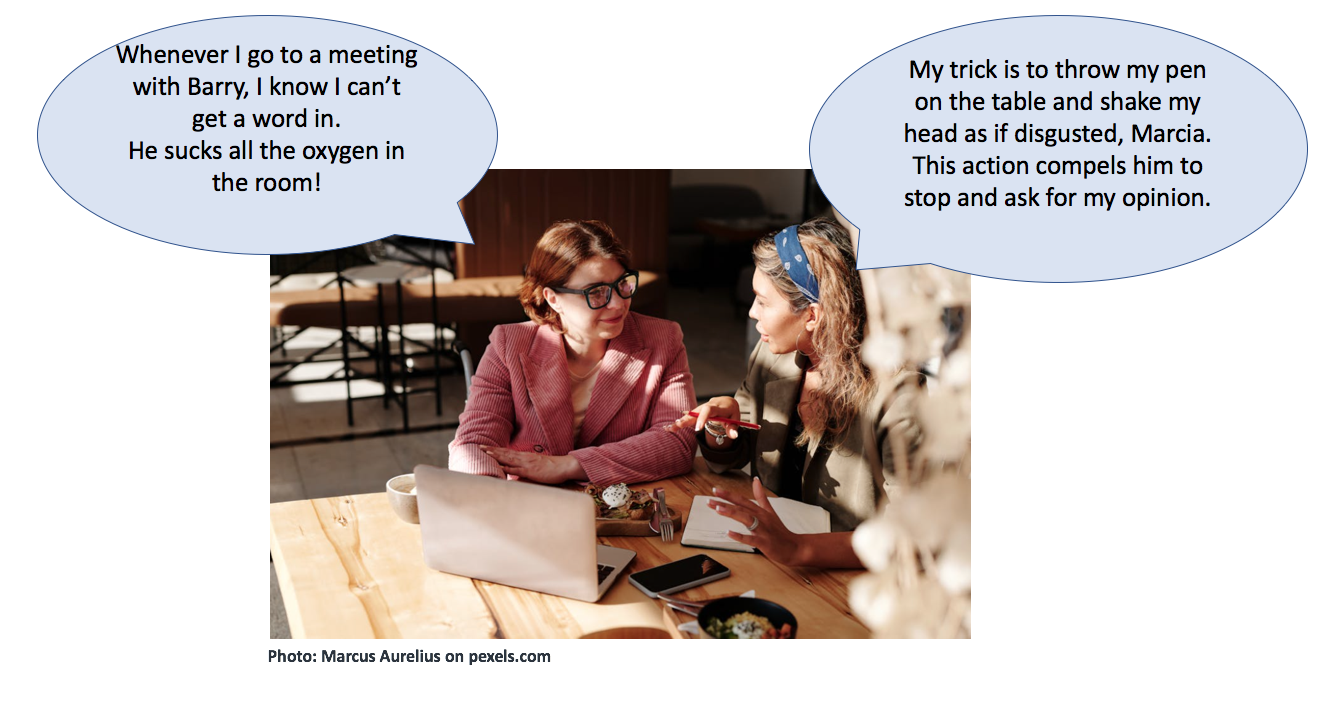
How to tell if you are living in the past
Think of a painful incident from your past which happened to you.
👽 How long did it take you to bring this to your memory?
🤖 When was the last time you thought about this event?
☠ When you thought about it, were you filled with rage/anger/disappointment/regret/sadness?
👺 How often do you bring this past event into conversations?
👿 How often do you use this event as a weapon to punish others?
And here is an even more provocative question:
Does the experience and memory of this event impact your current life – where you adjust events because of the trauma or pain of the past event?
The key point about living in the past is that often, we are not even aware of this. The above questions are a starting point to assess whether your past events are like a scab you pick at continually, and which is not allowed to heal.
hashtagLetsBeBetter hashtagMindfulness
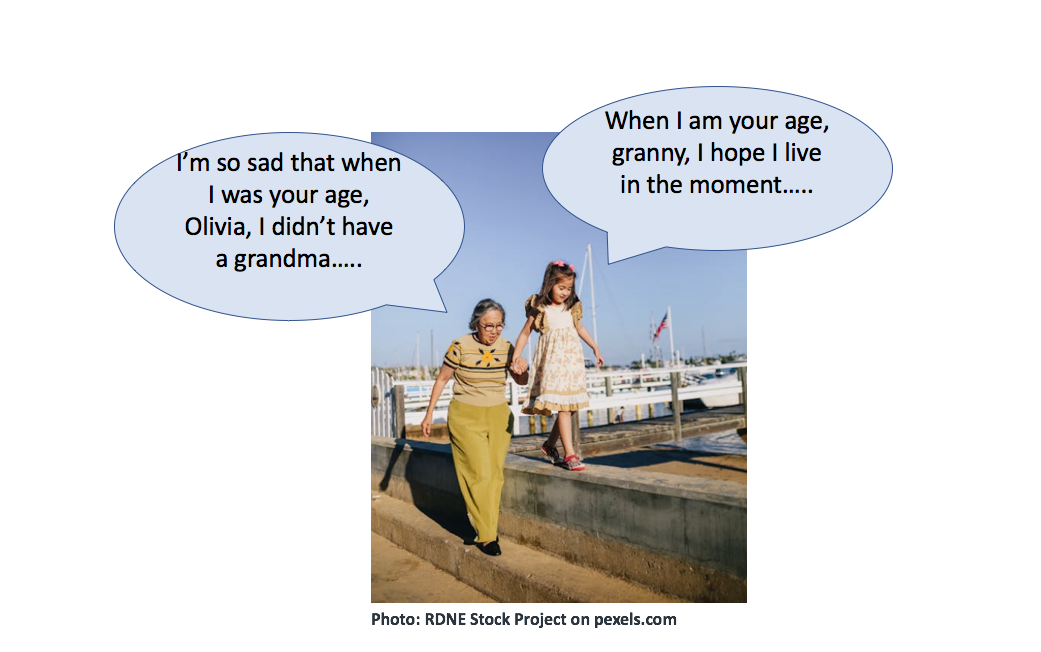
Sometimes, it’s important to lower your expectations
I have always highlighted the importance of forming connections with people, and strengthening your ties with your network.
But here is something I should have also highlighted.
When you ping someone with the intent to form a connection via a virtual coffee or a face-to-face get together, DON’T EXPECT anything from that person.
DO NOT EXPECT them to:
🤔 reply immediately, or at all
😽 say yes to a coffee/lunch
🙊 follow through with what they said they would do
People are busy/forgetful/distracted etc. Now, you may need to politely ping them once or twice to remind them. And you may even need to reschedule an invite a few times to allow for diary conflicts.
But, remain open-minded and optimistic. You reach out because that’s what you should do. The outcome of that is beyond your control, so focus on managing your expectations.
And when you are ignored/neglected etc, do not hold it against that person.
Choose only to see the good side of people’s intentions.
hashtagLetsBeBetter hashtagLeadership hashtagRemainZen
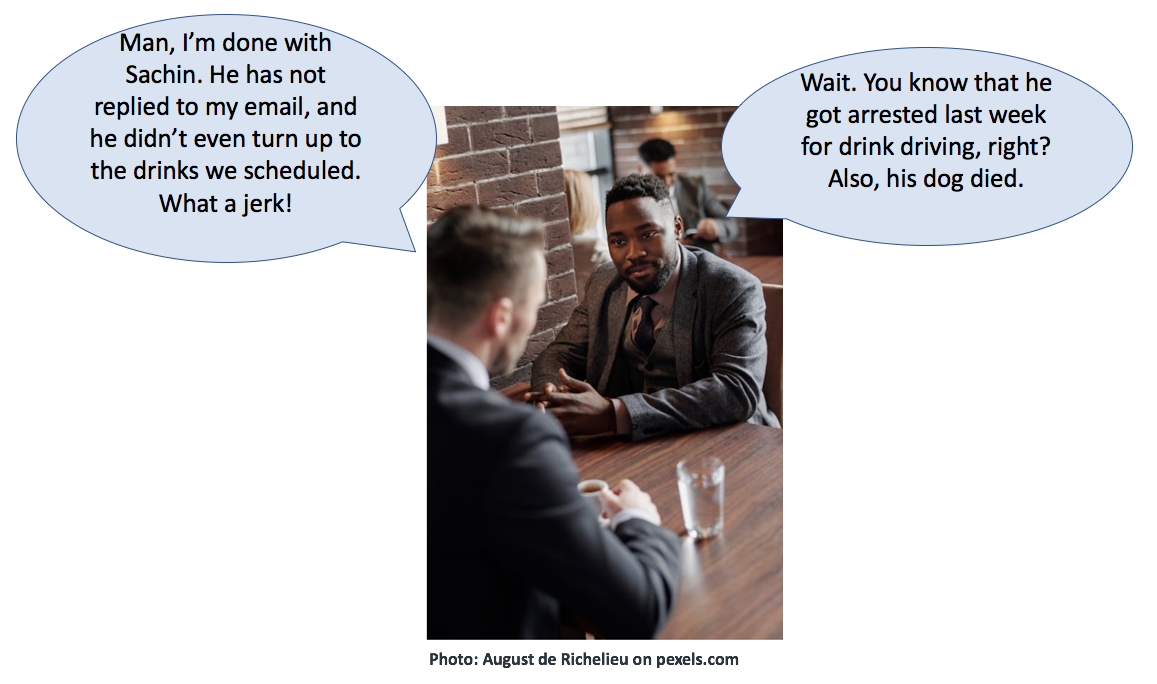
The dark side of resilience training.
Learning and development in organisations is crucial for people development. And there are many types of training that are useful, practical and informative.
Except resilience training.
Resilience training often is code for this:
We are about to implement wide-scale changes that you won’t like, and you will go through a challenging and tumultuous period at the end of which you might lose access to your livelihood. We need you to cope with this horrid circumstances with a positive outlook, so we will train you to be more compliant – and less militant about what we will impose on you.
For me and I suspect for many others, many of life’s events have already taught us HOW to be resilient.
😳 Divorce
😬 Financial setbacks
🤕 Rejections
🤒 Grief and loss
😨 Health concerns
😈 Abuse
Maybe a better use of organisational resources would be to train leaders on how to develop far-sighted strategies so that the workforce planning is more considered. Maybe then we wouldn’t have the continuous turmoil of layoffs etc.
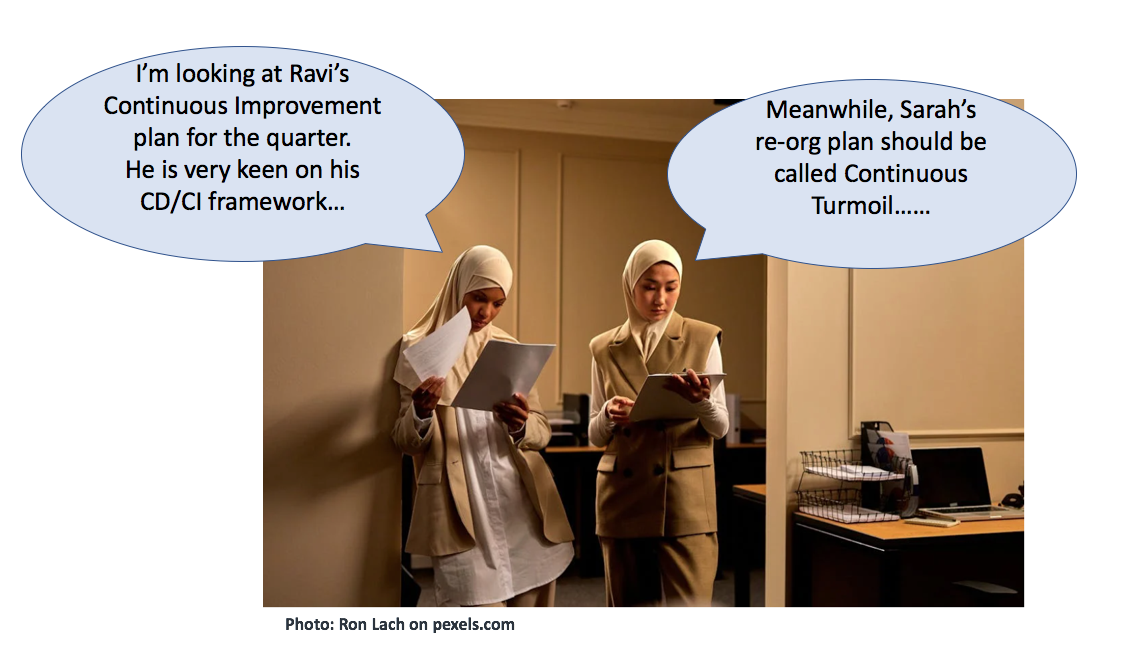
An unforeseen and even bigger problem to a harsh solution
So friends, I will be the first to say I don’t have in-depth information about this subject. And I probably have a western bias to this topic.
But I do wonder what officials were thinking when the Chinese imposed the one-child policy decades ago.
From what I have read, there are not enough women now. Additionally, young people are not that interested in having children because they are working too hard (sounds familiar, right?).
Everything is connected in a system. You change one thing, and consequences are felt everywhere – oftentimes, decades later.
So the lesson here is this, I suppose. Make your decisions wisely.
hashtag#MakeBetterDecisions hashtag#StrategicThinking hashtag#SystemsThinking
https://www.abc.net.au/news/2024-04-25/fertility-rates-in-china-dropping/103654528
Who do you dislike? Do you even know why?
A former manager was talking to me about all the things she disliked about her peer – and it occurred to me that these qualities were the very things she disliked in herself!
Of course, I decided that I was going to show some restraint and say nothing – no point aggravating her further.
But friends – do you have someone in your life whom you dislike?
Could it be that you dislike this person because they have the same qualities that you dislike in yourself?
Go on, take a moment and think about it. Maybe you will find a surprising thought in there. 🤔
#LetsBeBetter #Leadership
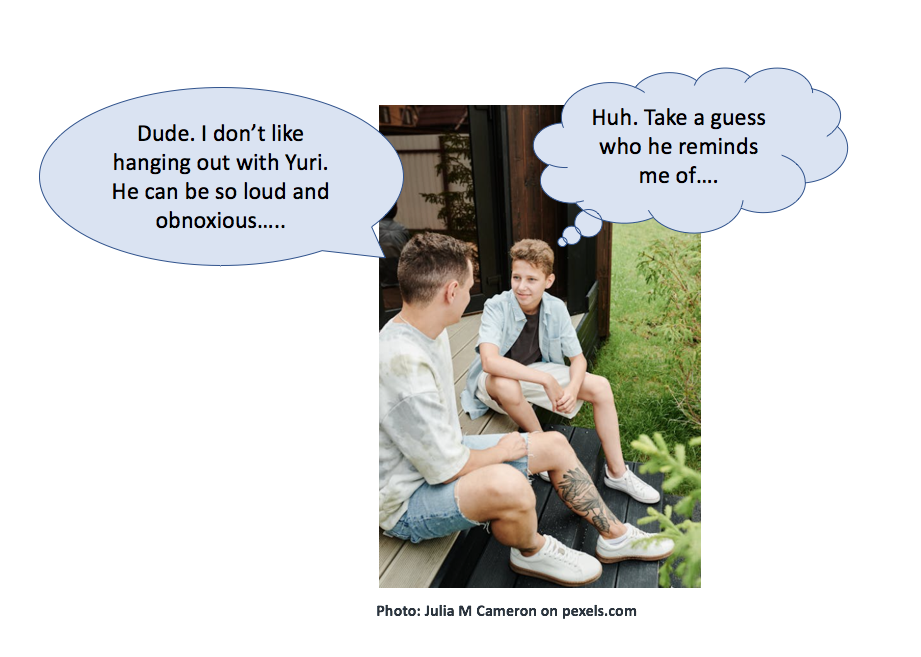
Do you make this common mistake when presenting to senior leaders?
How I learnt to avoid having a strong opinion on a topic.
Recently, I wanted to buy myself a new pair of boots (because, who can have enough shoes, right?).
The moment I started thinking about boots, I saw women everywhere wearing them. On TV, in the streets, at the Glebe markets, everywhere.
The fact is, women with boots WERE ALWAYS there – I just DIDN’T notice them.
This made me think of some of my strident opinions about topics. Many times, I didn’t have the full picture about something – yet I spoke about it like an expert. I assumed I knew everything. I didn’t even consider what I was not seeing.
So I have learnt to keep an open mind. At least this way, I sound less like a crank, and more like an open-minded person. 😄


The key is: purpose-driven communication.
I know that I have a formula for success when:
🔵 developers/products folks are communicating with ease
⚪ the product owners are transparent about expectations
⭕ team members are clear about time commitments
⚫ people feel safe bringing up risks
Whatever project delivery framework you use, nothing beats good old-fashioned communication.
And good communication is where people have the assurance that they will achieve the PURPOSE of the communication – with respect and professionalism.
hashtag#CommunicationSkillshashtag#ProjectDeliveryhashtag#Coaching